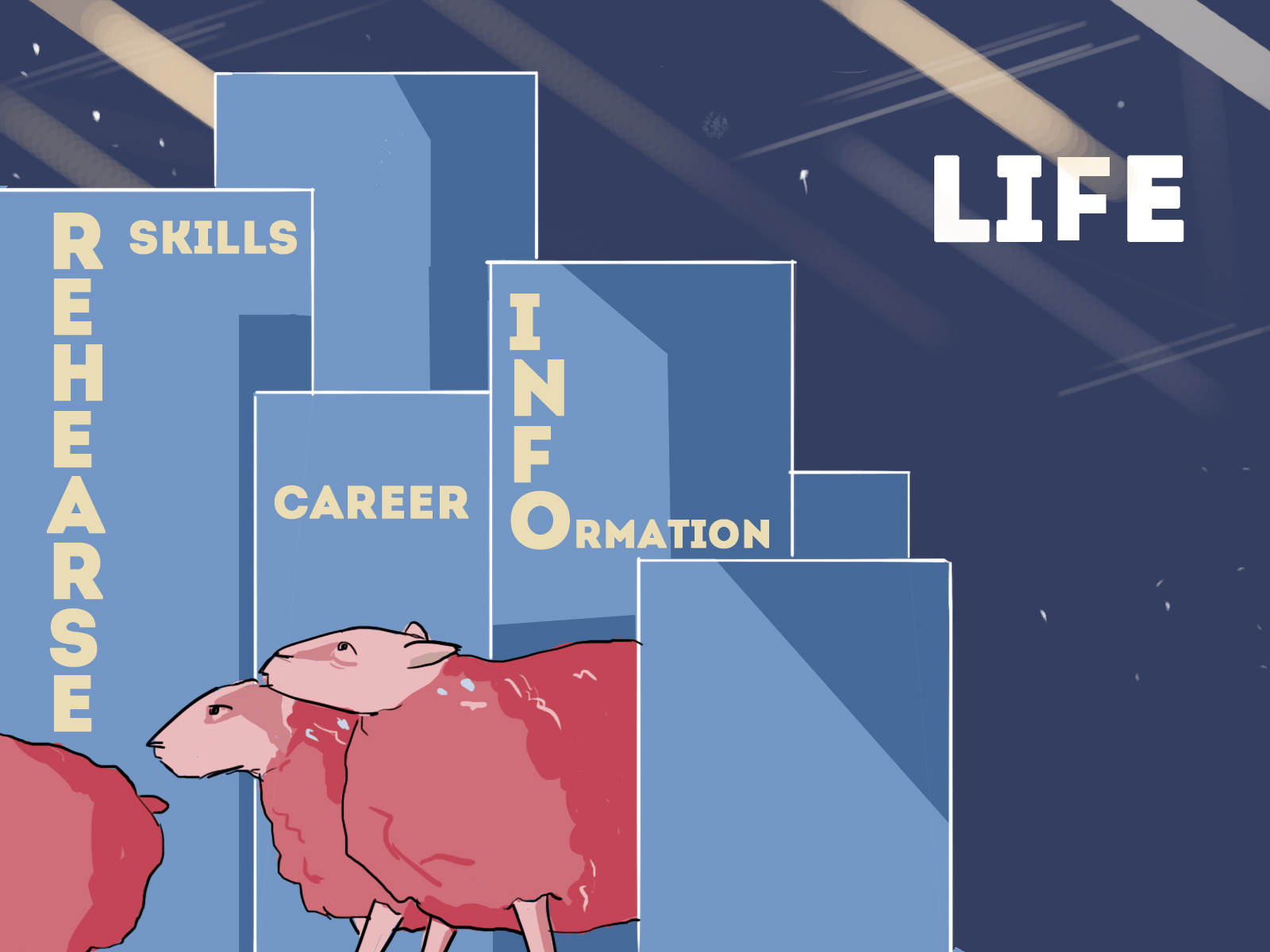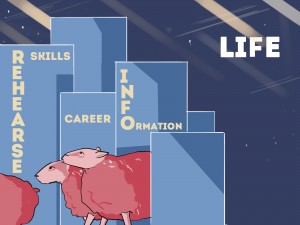University education vs. wisdom

From a historical perspective, cultivating wisdom was always the primary goal of the academy.

“I don’t think it would have all got me quite so down if just once in a while, there was at least some polite, little perfunctory implication that knowledge should lead to wisdom … and that if it doesn’t, it’s just a disgusting waste of time. You never even hear anywhere on campus that wisdom is supposed to be the goal of knowledge. You hardly ever even hear the word ‘wisdom’ mentioned.”
J.D. Salinger’s words in Franny and Zooey may represent an exaggeration but from my own point of view, if there is any truth in such an assertion, there is legitimate concern about the aims and goals of a university education.
From a historical perspective, cultivating wisdom was always the primary goal of the academy.
Those insights revealed in the wisdom literature — the Torah, Quran and Biblical wisdom literature — were seen as essential in the medieval university.
Today, the pursuit of wisdom has been replaced by the pursuit of more “functional” skills and abilities.
While skills training is important when we think about a career, to honour our intellectual obligations while we prepare students for what they may “do” in life, we must also help students be the kind of people they want to be.
Or in fact, from society’s point of view, the kind of people they must be.
Very simply, preparing students for a career, no matter how complex, will limit the student’s experience not only on campus, but also in life.
But more important, a “functional” approach to one’s education results in a severely limited perspective on life itself that diminishes the contributions a liberating education can supply.
I have always urged my students to become familiar with the great works of philosophy, history and literature in order to make some real sense of their many life experiences.
I am reminded of Louis Pasteur’s insightful comment: “Chance always favors the prepared mind.”
Our responsibilities lie in such a preparation and imply moving beyond career goals.
Life’s richest and sometimes painful experiences — losses, love, and the courage to be — are often lost in a highly focused, highly specialized educational experience. Our students require a broad intellectual base from which to evaluate such experiences.
As T.S. Eliot mused in Choruses from the Rock, “Where is the life we have lost in the living, where is the wisdom we have lost in knowledge, and where is the knowledge we have lost in information?”
The many complex difficulties facing us require a multi-disciplinary or trans-disciplinary approach rather than the more common protective territoriality of university faculties and disciplines.
In my own department of psychology, the emphasis seems to be on creating “ideological clones” or exact replicas of ourselves — psychologists who rarely nod to the humanities, music and the fine arts — those pursuits that would contribute most to a truly liberating education.
The current climate on campuses urges a functional approach to education, urging a skill-based training made more purposeful in the face of employment difficulties, economic downturns and fewer career opportunities for our students.
But the university must continue steadfast in its traditional mission — acknowledging and promoting wisdom even while acknowledging education’s utilitarian emphases.
Many retirees speak of regretting how much time they spend in their offices or on the job, whereas they confess too late the realization that life is really lived before nine in the morning and after five in the afternoon.
A truly liberating education can assist in doing just that — realizing early on how and where life is truly lived.
In one of her letters to a friend, novelist Flannery O’Connor wrote: “You have to push as hard as the age that pushes against you.” Therein lies wisdom.


